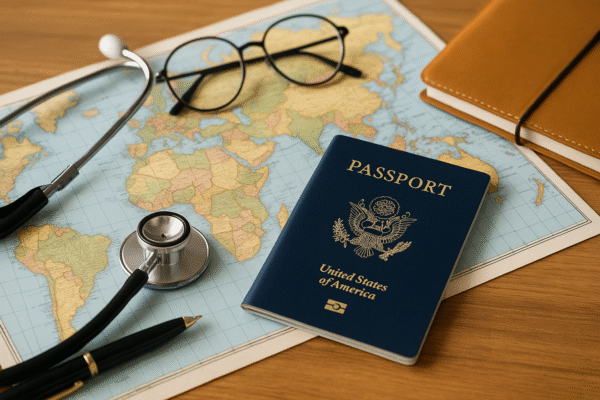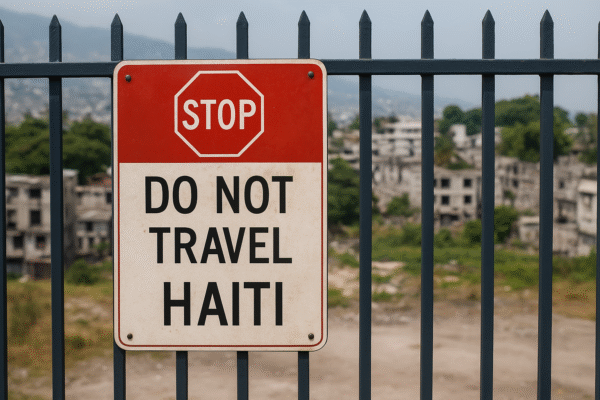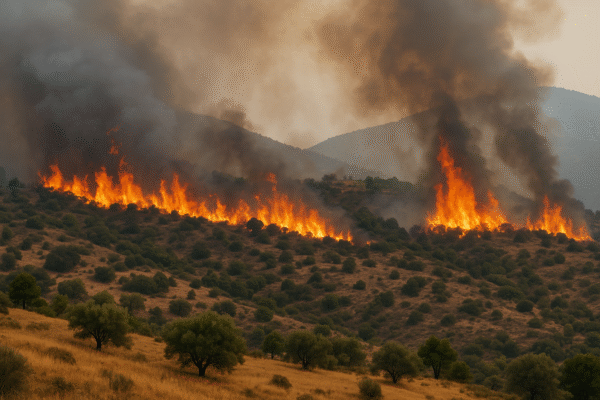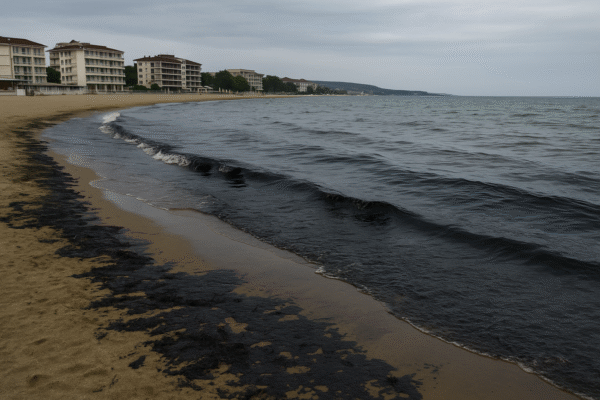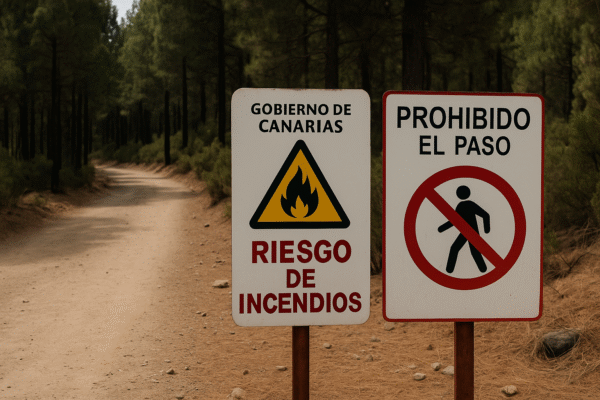The once-bustling Black Sea resort town of Anapa is grappling with a crippling tourism collapse, triggered by a catastrophic oil spill in the Kerch Strait in December 2024. Once considered a gem of Russia’s southern coast, Anapa now faces a sharp downturn in visitor numbers, shuttered beaches, and widespread economic hardship across its hospitality and small business sectors.
The crisis stems from the sinking of two oil tankers in the Kerch Strait—located between Crimea and mainland Russia—which released more than 4,000 tons of fuel oil into the ecologically sensitive Black Sea. Months later, cleanup efforts remain ongoing, and the environmental disaster continues to wreak havoc across coastal communities in both Russia and neighboring Ukraine’s Odesa region.
Beach Closures and Environmental Fallout
Anapa’s coastline, long prized for its sandy beaches and family-friendly waters, is now under a full swimming ban. The oil-contaminated shorelines are not only unfit for recreation but also pose long-term ecological threats to marine biodiversity, migratory birds, and coastal fisheries. According to Russia’s Federal Service for Supervision of Natural Resources (Rosprirodnadzor), oil continues to seep from the sunken tankers, complicating containment efforts.
Officials in Krasnodar Krai have kept major public beaches closed throughout the 2025 summer season, including the popular Central and High Coast beaches, leading to a drastic shift in the town’s tourism dynamics.
Plummeting Tourist Arrivals and Hotel Occupancy
Tourism statistics from the Anapa City Administration paint a stark picture: only 24,000 tourists visited Anapa in July 2025, a dramatic 76% drop from the same period in 2024. Hotels are facing unprecedented vacancy, with average occupancy rates falling to just 30% in the first half of the year.
Out of 1,600 registered lodging establishments, only around 950 remain operational, and many are offering steep discounts—some as much as 60% off all-inclusive packages. Despite these efforts, occupancy remains at record lows, leaving many hotel owners and hospitality workers in financial jeopardy.
Local Businesses Fight for Survival
The economic ripple effects extend beyond hotels. Restaurants, cafés, souvenir shops, and beachside vendors are also experiencing record-low foot traffic. For many, 2025 was supposed to be a year of recovery after pandemic-era losses—but the environmental disaster has derailed those hopes.
Many small business owners had invested in expansions, renovations, and staffing under the assumption of a busy summer season. Now, faced with mounting debts and dwindling revenues, they find themselves unable to cover basic operating costs such as rent, salaries, and utilities.
“I’ve had to let go of half my staff,” said Irina M., owner of a family-run guesthouse near Anapa’s High Coast. “We’ve already paid rent and utilities in advance for the year, and we’re seeing almost no income. The streets are empty.”
Limited Government Relief
In response to mounting pressure from the tourism sector, the Krasnodar regional government established a 50-million-ruble ($610,000 USD) emergency relief fund to support struggling businesses. Governor Veniamin Kondratiev confirmed that the fund has received hundreds of applications for compensation, covering salary payments, advertising losses, and operating expenses.
However, local business owners argue that the support is a drop in the bucket compared to the scale of the economic damage. “There is no support for businesses outside the official hotel registry,” said a representative of the Anapa Small Business Association. “We need broader relief measures if we’re going to survive.”
Ukraine’s Coast Also Impacted
The environmental devastation has not been contained within Russia’s borders. The Ukrainian Ministry of Environmental Protection and Natural Resources confirmed in July that oil slicks from the Kerch Strait have reached coastal zones near Odesa. Local fishing communities and tourism operators in Ukraine are also reporting economic losses and are calling for international accountability.
Path Forward: Diversifying Anapa’s Tourism Appeal
With Anapa’s beaches unlikely to reopen before the end of 2025, local officials are now exploring alternative tourism strategies. Regional tourism boards are promoting inland attractions such as the Anapa Archaeological Museum, nature trails in the Caucasus foothills, and wellness tourism based on the area’s mineral springs.
There are also calls to reframe Anapa’s identity through sustainable and eco-tourism. According to Russia’s Ministry of Economic Development, new grants are being explored to fund green tourism initiatives, including agro-tourism and cultural heritage tours, to draw different demographics of travelers.
Long-Term Implications for Russia’s Coastal Tourism
The oil spill disaster has exposed the vulnerabilities of single-sector economies in resort towns like Anapa. Experts at the Russian International Affairs Council (RIAC) caution that unless the region diversifies its tourism and economic base, future climate-related or industrial disasters could lead to repeat downturns.
Furthermore, environmental activists are pressing the federal government to enhance safety standards for maritime transportation and introduce stricter regulation for tankers transiting the Black Sea.
Conclusion: Anapa’s Road to Recovery Will Require Innovation and Resilience
Anapa’s tourism sector is in crisis, but with focused government support, community-driven recovery plans, and a pivot toward sustainable tourism models, the region has the potential to adapt. The oil spill may have closed beaches, but it has also opened an opportunity for long-term transformation.
Whether Anapa can reinvent itself as a diversified year-round destination will depend on continued investments in infrastructure, environmental restoration, and cross-border cooperation along the Black Sea coast.
For more travel news like this, keep reading Global Travel Wire


